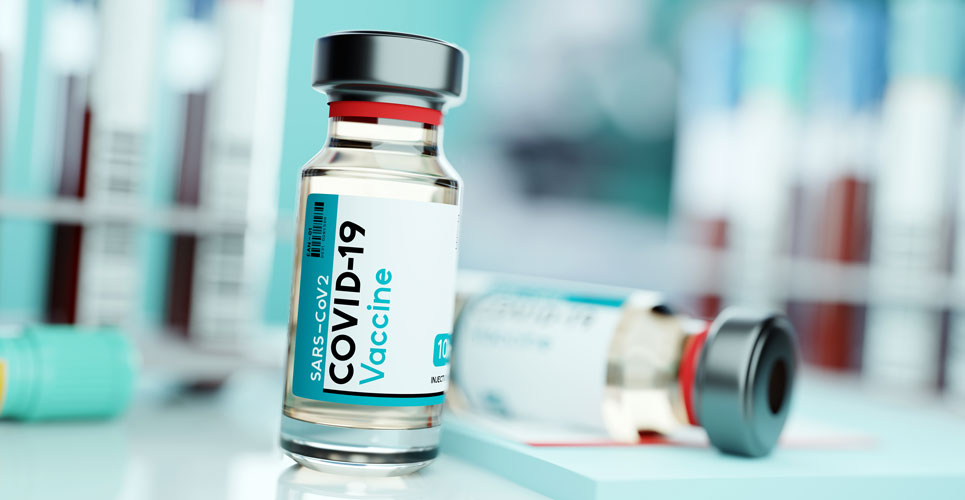A third COVID-19 dose has been approved by the EMA in those with severely weakened immune systems, 28 days after their second dose.
The European Medicine Agency (EMA) has concluded that a third COVID-19 dose of the vaccines made by both Pfizer-BioNTech and Moderna, can be given as early as 28 days after the second vaccination dose, to those with a severely weakened immune system. The EMA based their decision to approve an extra COVID-19 dose based on the findings of two studies undertaken in organ transplant patients who are known to have a weakened immune system.
In the first study, a group of 101 consecutive solid-organ transplant recipients, with a mean age of 58 years (69% male), were given three doses of the messenger RNA vaccine made by Pfizer–BioNTech. The group included 78 kidney, 12 liver, 8 lung or heart and 3 pancreas-transplant recipients. The first two doses of the vaccine were administered 1 month apart, and the third dose was administered approximately 61 days after the second dose. The prevalence of anti–SARS-CoV-2 antibodies was 0% before the first dose, 4% before the second dose, 40% before the third dose but rose to 68% 4 weeks after the third dose. The study was published in August 2021 and at the time of writing, the authors reported that COVID-19 had not developed in any of the patients after they received the three vaccine doses.
The second study was a double-blind, randomised, controlled trial in 120 transplant patients who had already received two vaccine doses. Participants were then randomised to a extra COVID-19 dose with mRNA-1273 vaccine (Moderna) or placebo. The dosing schedule was 0, 1 and 3 months and at month 4, the median percent virus neutralisation was 71% in the mRNA-1273 group compared to 13% in the placebo group.
In its press release, the EMA recognises that there is no direct evidence that giving an extra COVID-19 dose led to a greater ability to protect against infection with the virus, but suggested that the extra dose would increase protection at least in some patients.
The EMA also emphasised the important difference between the third dose for people with weakened immune systems and a booster dose for people with a normal immune system. For this latter category, the agency evaluated data for the Pfizer–BioNTech, which has already been reviewed and approved by the FDA, which showed a rise in antibody levels when a booster COVID-19 dose is given approximately 6 months after the second dose in people from 18 to 55 years old. However, the FDA approval does not apply to everyone and is restricted to individuals 65 years of age and older, 18 to 64 year olds at high risk of severe COVID-19 and18 to 64 year olds whose frequent institutional or occupational exposure to COVID-19, puts them at high risk of serious complications if infected.
Despite the FDA restrictions, the EMA release states that “on the basis of this data, the committee (Committee for Medicinal Products for Human Use) concluded that booster doses may be considered at least 6 months after the second dose for people aged 18 years and older.”
Source. EMA October 2021

